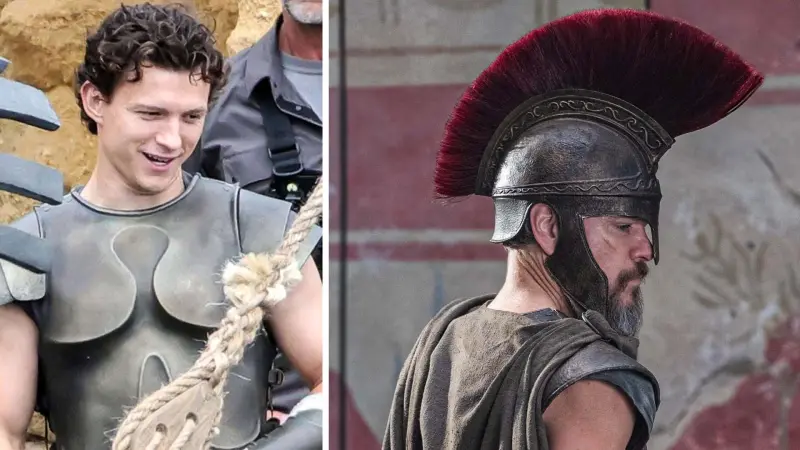Ancient Athens is often regarded as the cradle of democracy, with its unique political system paving the way for modern democratic practices. The city-state's governing body was the Ekklesia (Assembly), which comprised adult male citizens who participated in decision-making processes. However, to become a member of the Boule (Council), which functioned as a sort of parliament, certain criteria and qualifications had to be met. This article delves into the requirements for an Athenian to become a member of this prestigious institution.
Citizenship
The first and foremost requirement to become a member of the Boule in ancient Athens was citizenship. Only Athenian citizens enjoyed political rights, which allowed them to participate in the Assembly and be eligible for the Council. Citizenship was typically inherited, and an individual had to be born to Athenian parents to claim this status. Citizenship could also be granted as an honor to foreigners for exceptional service to Athens, but this was a rare occurrence.
Age
To become a member of the Boule, an Athenian had to be at least 30 years old. This age requirement was in place to ensure that only mature and experienced individuals would serve in such an important role. In addition, Athenians believed that individuals who had reached the age of 30 would have more wisdom and better judgment than their younger counterparts.
Property and economic status
Though ancient Athens was a democracy, not everyone enjoyed equal access to political power. To be eligible for the Boule, an individual had to possess a certain amount of wealth or property. This requirement ensured that council members were financially stable and capable of supporting themselves during their time in office. However, it also served to maintain the influence of the wealthier classes in Athenian politics.
Lottery system
Unlike modern political systems where candidates are elected based on merit or popularity, members of the Boule in ancient Athens were chosen by a lottery system. This process was designed to ensure that the council's composition was representative of the entire Athenian citizen population. Every year, 500 members were selected from the ten tribes of Athens, with 50 members representing each tribe.
Morality and integrity
A prospective member of the Boule was expected to possess good moral character and integrity. Before being allowed to serve on the council, a candidate had to undergo a process called "dokimasia," which was a thorough examination of their background and character. This procedure aimed to ensure that only individuals with good reputations and no criminal history could serve in such a prominent position.
Becoming a member of the Boule in ancient Athens required an individual to meet specific criteria and qualifications, including citizenship, age, property ownership, and moral integrity. The lottery system ensured a level of diversity and representation within the council, which was essential for the functioning of Athenian democracy. Although ancient Athenian democracy had its limitations, its emphasis on the inclusion of citizens in the decision-making process remains a cornerstone of modern democratic systems.











